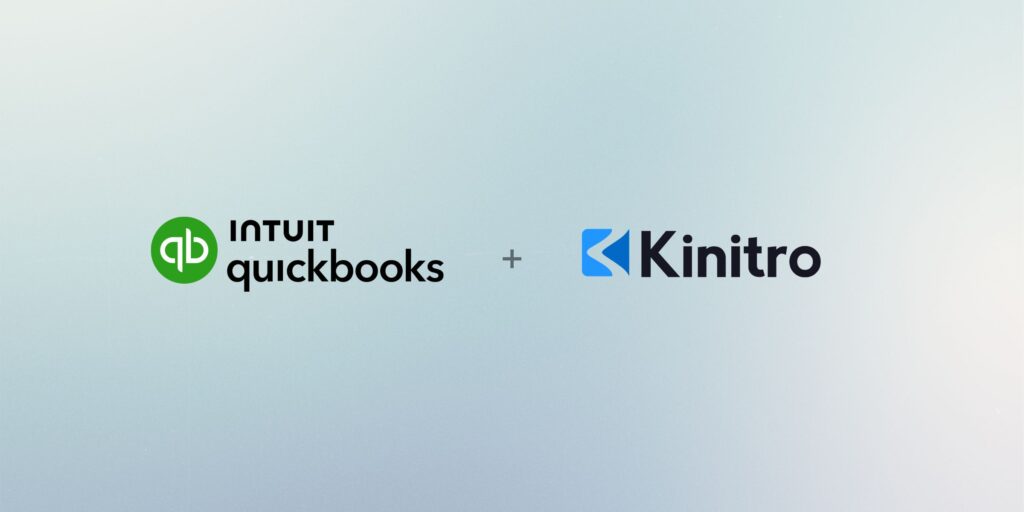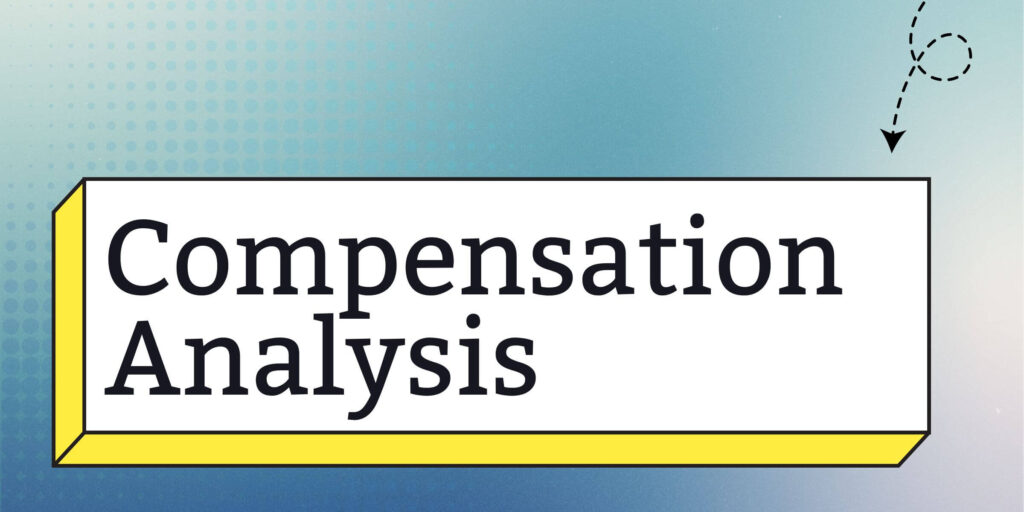Across various industries, the average commission for a sale is between 20% and 30% of gross margins.
That’s a lot off of your bottom line.
Sales commission software is designed to streamline the process. It makes commissions easier to handle, cost-effective, and transparent. So don’t worry if you’re struggling.
In this article, we explain everything you need to know to get started with sales commission software.
Don’t go anywhere.
Five Things To Know About Sales Commission Software
Commissions can motivate sales and finance teams. However, tracking, reporting, and incentivizing behavior can be time-consuming. Sales commission software is a powerful tool for streamlining processes.
It ensures your sales team is rewarded for their hard work.
To understand it better, we’ll cover these five aspects of it in this article:
- What it is the role of sales commission software
- The benefits of sales commission software
- How to choose the right sales compensation software
- Implementing incentive compensation
1: What Is Sales Commission Software?
As a sales leader, managing sales commissions is complex and time-consuming. Sales compensation plans, performance metrics, and payout schedules make managing sales compensation difficult.
That’s where sales commission software comes in.
It’s automated, and it’s designed to simplify the whole process. It tracks commissions and payouts. It helps to reduce errors.
At the end of the day, it keeps sales teams motivated to succeed.
2: The Role of Sales Commission Software in Sales Compensation Plans
A well-designed sales compensation plan motivates sales teams and drives their performance. The sales commission software provides a flexible, transparent system for managing commissions.
Whether you use a simple, flat-rate commission structure or a more complex system, the software helps you to manage compensation plans efficiently. It does this with the help of:
- Easy-to-use dashboards
- Incentive statements
- Accounting modules
- Transparent payouts
- Enterprise-ready incentive plans
Compensation software is modeled on Excel spreadsheets. That makes it easy to implement. It can also help you monitor your sales team’s performance in relation to compensation plans.
By reporting on commission data, you can gain valuable insights into how sales teams respond to incentives. This information is perfect for refining compensation plans over time.
3: Benefits of Sales Commission Software
Businesses employing sales compensation software benefit from better productivity and improved performance on their bottom lines.
The key advantages of compensation software include:
- Time savings
- Improved accuracy
- Better motivation
- Data-driven decision making
- Scalability
Automating your commissions lets you save time.
Namely, you save the time that would otherwise be spent on manual reporting, calculation, and tracking. This enables finance teams to focus on strategic activities, such as planning and analysis.
In addition, sales commission software helps reduce the risk of errors.
By ensuring that commissions remain consistent, you minimize the risk of disputes, fines, and employee unhappiness. This also contributes to employee motivation.
They know when they will be rewarded and for how much. This transparency helps employees to stay on track, motivated, and engaged.
And the real-time reporting of commission software enables businesses to make dynamic, informed decisions. Underperforming staff can be coached. Resources can be better allocated.
Ultimately, you can drive better results for your business.
As it grows and evolves, the flexibility of the sales commission software comes into its own. Easy to scale, the software keeps your sales compensation process efficient and aligned with business goals as your business evolves.
4: How To Choose the Right Sales Commission Software for Your Business
Choosing the right option for your business means considering a software package from multiple angles.
We’ve boiled it down to five: functionality, ease of use, scalability, integration, and customer support. First, consider the features your business needs from a software solution. This may include support for:
- Different commission structures
- Real-time reporting
- Automated calculations
- Integration with other systems
Next, try out product demos with your sales team. Look for an option that is user-friendly and intuitive. Nobody likes to use slow, overcomplicated software.
The software should also integrate with existing software. This may include CRM, ERP, or other business systems. Proper integration allows you to leverage all of your data for better commission management.
Finally, look for a software provider that offers excellent customer support.
This includes installation, ongoing technical support, and training. Good software providers are keen to acquire new clients – and relish the opportunity to onboard them seamlessly.
5: Implementing Incentive Compensation
Implementing your compensation plan with a new software package consists of five stages. These five stages happen in two phases.
Phase One: Setting Up
The first step is to define your commission structure, which includes:
- Payout schedules
- Performance metrics
- Commission structures
- Bonus structures
- Other relevant details
Once that’s done, you need to configure your sales commission software. This should be a breeze if you’ve chosen an intuitive software package. Setting it up involves creating rules and calculations for the commission structure you just defined.
Once that task is complete, you may need to integrate the software with other systems: CRM, ERP, and other business systems need to be integrated to ensure accurate and up-to-date functionality.
Phase Two: Using Your Software
Before you can start using your software, you will need to train your sales and finance teams on how to use it effectively.
They must be briefed on features, functionality, and benefits. Depending on your business policies, employees will need to learn about some (or all) of your compensation structures. That way, they can better understand what is expected of them.
With all relevant employees trained, it’s time to start using the software.
Making use of real-time analytics will help to monitor your team’s performance. This, in turn, will help to identify trends and patterns over time.
Motivate Your Teams To Succeed
Sales commission software is a powerful tool in the right hands.
It automates and optimizes sales commission management, improving accuracy and enhancing sales team motivation.
Don’t wait to start reaping the rewards of sales commission software. Kinitro helps teams automate commission payouts with transparency. Click here to request a product demo.







